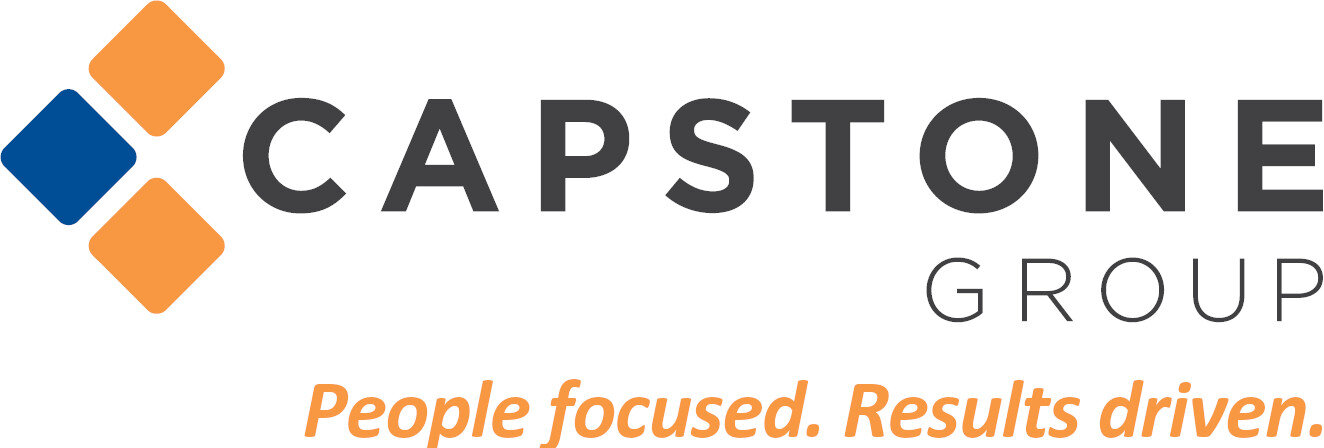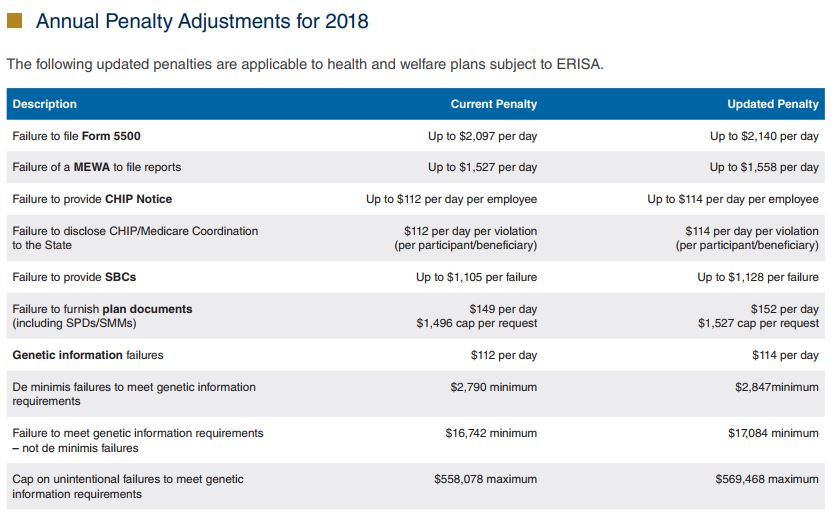On his first day in office, President Trump signed an order promising to give states flexibility to create a more free and open healthcare market. On Thursday, the Trump administration released an official set of examples to help states flex these powers.
The administration wants states to innovate in ways that could produce more lower-cost options. It is intended to roll back key elements of Obama-era requirements, which were designed to promote enrollment in ACA (Affordable Care Act) plans that cover a broad range of medical needs and meet uniform national standards. These requirements were seen by many as burdensome, and “virtually impossible” for states to meet according to Seema Verma, the Centers for Medicare & Medicaid Services administrator.
Policy experts predict the ideas would further foster a parallel market of cheaper, less robust coverage that could draw younger or healthier consumers, but drive up premiums for those who remain in ACA market plans.
States could change who gets subsidies
Currently, federal subsidies are strictly targeted to lower-income Americans and are seen as key to bolstering enrollment in marketplace plans.
The Trump administration will allow states to revamp how these subsidies are used and give them wider latitude to expand or narrow the income eligible for subsidies.
Critics believe this will “potentially upend the subsidy structure” and bring back the days when insurance rules varied widely state by state; while supporters feel this could improve the market overall and would give consumers more control over how they choose to spend their health care dollars and the types of coverage they want to buy.
Changes to the individual insurance market
An estimated 14 million people buy their own coverage through health marketplaces or brokers.
Premiums in those markets have risen substantially since the law took effect in 2014 due to:
lower-than-expected enrollment by healthy people
the removal of the tax penalty for failing to have coverage
other moves that eliminated some payments to insurers and loosened restrictions on alternative marketplace proposals
The official set of examples released by Trump administration on Thursday add a new twist to a provision of the ACA that gave states the option of seeking a federal waiver to develop alternative marketplace proposals.
The states have to provide access to affordable and comprehensive coverage, but will not be held to a strict tally of how many people actually enroll.
To read the full article in depth, click here.




